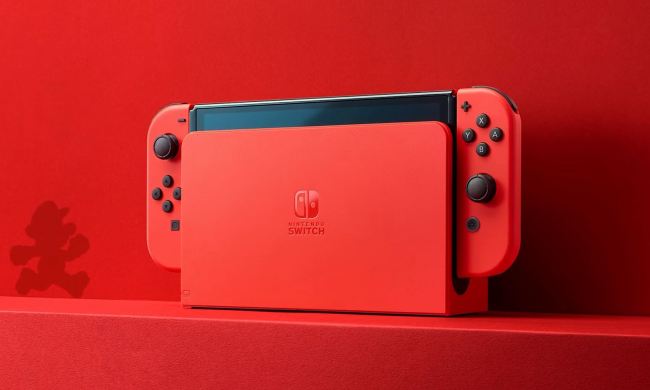“I told Nintendo that Switch wouldn’t be a success before it went on sale, because I thought that, in the age of a smartphone, no one would carry around a game console,” Ishihara told Bloomberg. “It’s obvious I was wrong. I came to realize the key to a successful game — software with absolute quality leads sales of hardware. Playing style can be flexible if the software is attractive enough.”
It’s peculiar that Ishihara would be so candid about his earlier skepticism, as the Pokémon Company is partially owned by Nintendo and, up until Pokémon Go, had released its most successful games on Nintendo systems. A few other titles, such as Pokémon TGC Online have also released, but they haven’t attracted the same attention as the main role-playing portable games.
“Currently [Nintendo Switch] is popular among the early adopters, and there needs to be one more step to attract the wider audience. I see more potential is Switch, but one shouldn’t overestimate its potential,” Ishihara added.
For the first time in the series, the next installment will launch on a home console — if that’s what you consider the Switch to be — though a release date and other details for the haven’t been revealed yet. Before it arrives, Pokémon fans can try out the Switch fighting game Pokkén Tournament DX in just a few weeks, while Pokémon Ultra Sun and Pokémon Ultra Moon hit the 3DS later this year.
The Pokémon Company’s other major title, Pokémon Go, continues to grow on iOS and Android with the addition of features like raids and “legendary” Pokémon, but problems present in the game since its 2016 launch have angered fans. A fan festival held in July by developer Niantic was labeled a “disaster,” with connectivity issues prompting attendees to boo CEO John Hanke as he took the stage.


